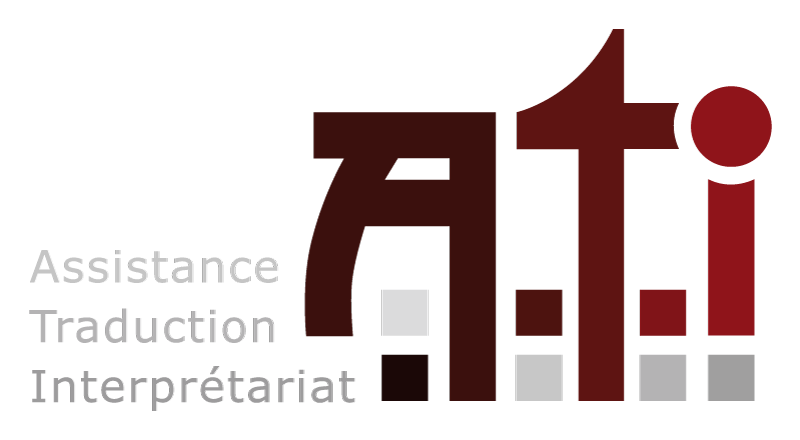This past summer marked a strong rebound for global tourism, and France was no exception. As millions of travelers returned to the roads, skies, and railways, one thing became clear: discovering a new destination is about more than just booking a trip—it’s about connection. And at the heart of that connection lies language and translation.
-
Beyond Words: Making Visitors Feel at Home
When tourists set foot in a new country, they’re not just looking for beautiful sights—they want to feel welcomed, understood, and enriched by the travel experience. Whether it’s a hotel website, a museum audio guide, or a restaurant menu, well-translated content turns confusing encounters into moments of comfort. Translation reassures, informs, and creates a sense of belonging far from home.
-
Local Flavor, Global Audience
Great tourism experiences are deeply rooted in culture. But translating cultural content isn’t just about swapping words—it’s about translating meaning. Describing a regional specialty, a historical monument, or a local tradition for an international audience means striking the right balance between accuracy and appeal. The right translation captures the soul of a place while speaking the language of the traveler.
-
The Tourism Translator: A Cultural Swiss Army Knife
Tourism is one of the most diverse industries around. It blends art, cuisine, history, geography, and even law or healthcare in certain travel scenarios. That’s why being a tourism translator requires much more than linguistic accuracy. It calls for deep cultural intelligence, subject-matter versatility, and the ability to shift seamlessly between contexts. One moment, you might be translating a historical walking tour through medieval villages; the next, you’re localizing a luxury hotel’s wellness brochure or adapting safety instructions for an eco-tourism excursion.
In this field, every word matters—and it must reflect not just the original meaning, but also the tone, nuance, and expectations of international travelers. A specialized tourism translator knows how to capture local flavor without confusing or alienating the target audience. This cultural agility is what turns a generic travel experience into something truly immersive and memorable. In an industry where storytelling is everything, the tourism translator is both narrator and guide.
-
Visibility Begins with Language
In a digital-first world where online bookings and reviews shape travel decisions, being seen means being understood. Multilingual websites and localized content are no longer optional—they’re essential. Search engines prioritize content in the user’s language, which means a smart translation strategy improves both SEO and customer trust. Translation isn’t just a support service anymore—it’s a core part of tourism marketing.
-
Ready for Anything: The Role of Translation in Crisis
Lost luggage, sudden illness, missed flights—travel doesn’t always go as planned. In emergencies, clear and accurate translation of legal, medical, or insurance documents becomes essential. That’s why tourism professionals rely on responsive translation services that help travelers navigate the unexpected with confidence and clarity.
-
A Voice to Every Journey
One growing trend in tourism is the use of multilingual audio guides. These voice-narrated experiences allow visitors to explore heritage sites, museums, and cities at their own pace and in their own language. Translating these voiceovers ensures that everyone—not just English speakers—can enjoy meaningful, culturally rich travel experiences.
In short? Translation doesn’t just support tourism—it drives it.
From building trust to enhancing cultural experiences and expanding global reach, translation plays a quiet but crucial role in every traveler’s journey. Behind every smooth check-in, every well-understood museum label, and every emotionally resonant cultural tour, there’s a skilled translator making it happen.
As the travel industry continues to evolve in a digital and multilingual world, the demand for accurate, culturally sensitive translation will only grow. Whether you’re a tourism professional, a business looking to expand internationally, or a language expert eyeing a dynamic field, one thing is certain: great travel experiences begin with great communication.
And great communication begins with great translation.




